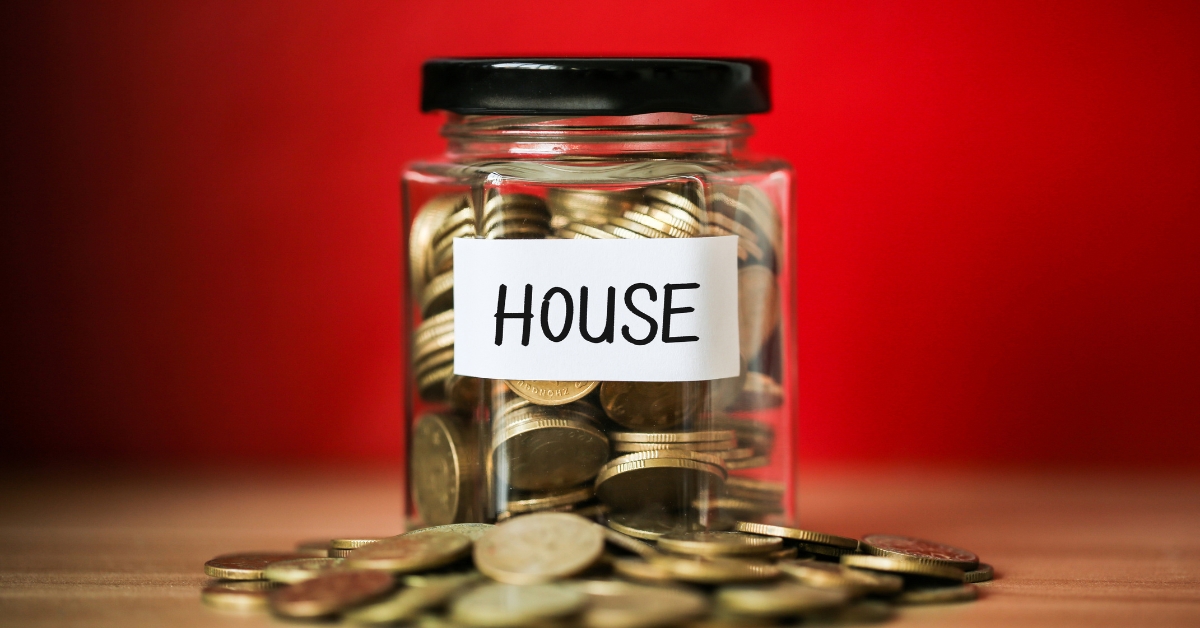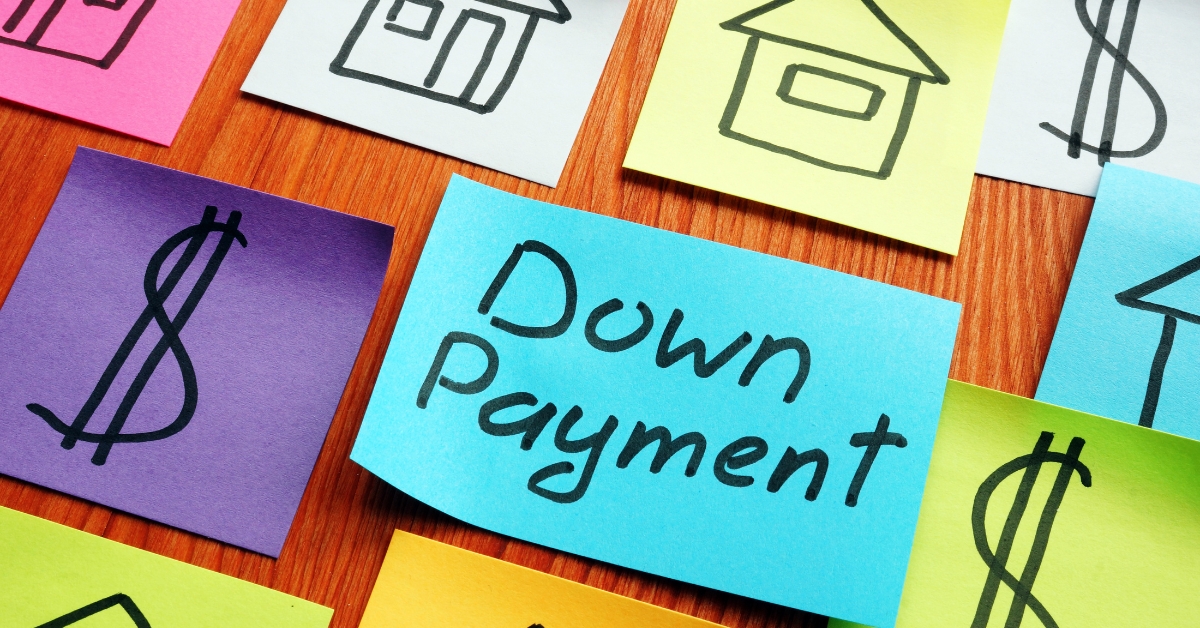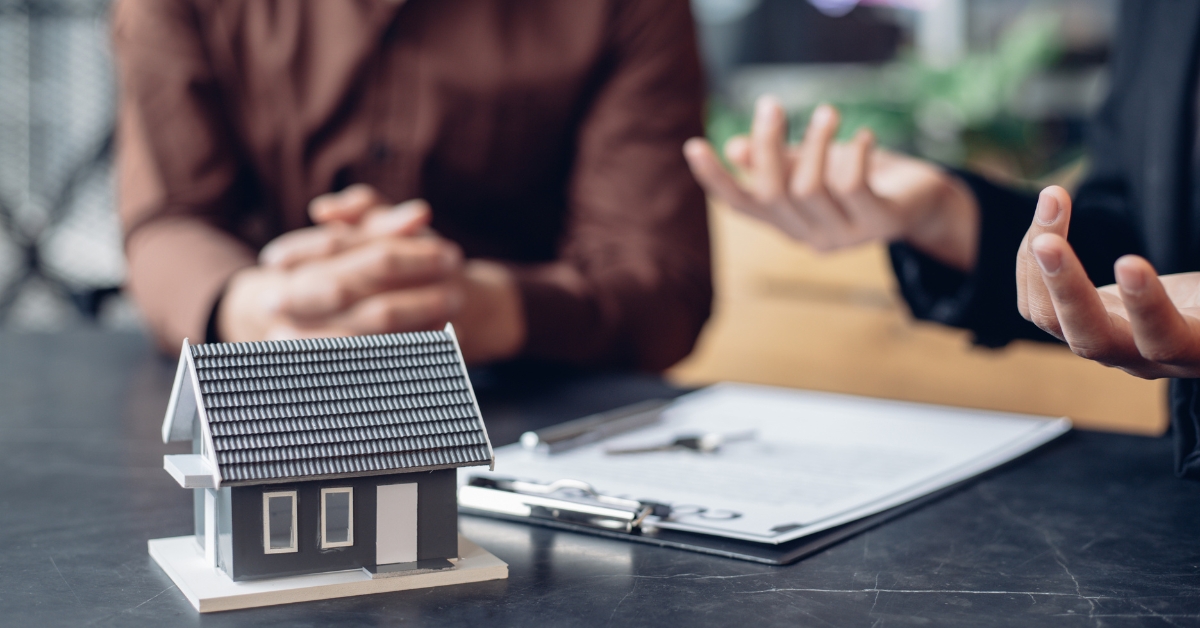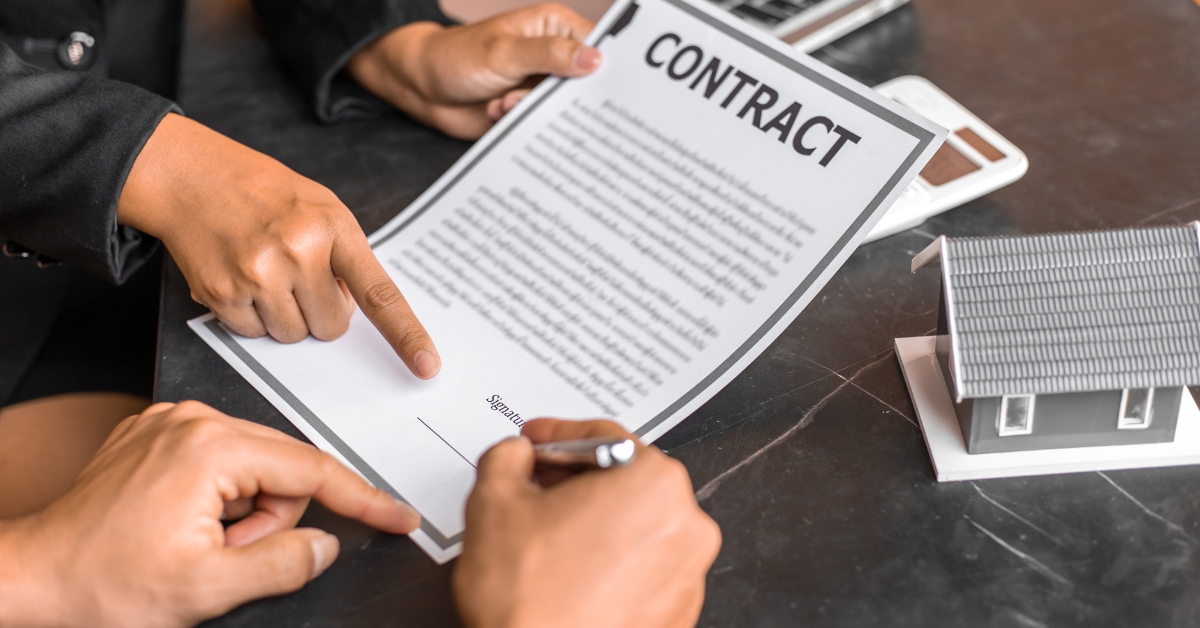If you plan to buy a home, you need to know how much to save before buying a house. You need to have enough for a five to 25 percent down payment. Additionally, you need to save for moving, closing costs, cushion in case you temporarily lose your income, and other expenses new homeowners often incur. So, 35 percent of the cost of your new home is an ideal savings goal.
Read this guide to learn more about how much you should have in the bank before you commit to a 15 or 30-year mortgage. It contains examples, advice, and other valuable information to help you prepare for your new home purchase.
How Much Should You Save Before Buying a House?
Buying a home is a huge commitment. Most people commit to at least 15 to 30-year loan terms. So, you must prepare ahead. If you purchase your first home using FHA or another first-time homebuying program that requires a down payment of less than 10 percent, you should have at least 25 percent of the value of your home saved before making your purchase.


Suppose you use conventional financing with a minimum down payment of 20 percent or more. In that case, you should save up to 35 to 40 percent of the purchase price to cover the closing cost and have money left over in case you suddenly lose income.
It is typically easier to save money before you buy a home. Furthermore, even if you are utilizing a financing method that requires a smaller down payment, you should consider putting down a minimum of 20 percent if you use the 10/20 rule to manage your debt.
So, despite your financing type, saving a minimum of 35 percent of the purchase price of your home is a good goal.
What Expenses Do You Have When Buying a Home?
There are numerous purchases that new homeowners must pay. In addition to the cost of mortgaging the home, there are other things that you need to consider.
Down Payment
Nearly every homebuyer has to pay a minimum of five to ten percent of the purchase price as a down payment. However, the more you pay in the beginning, the less you will have to finance and have an obligation to pay each month.

When locking yourself into a monthly payment for 15 or 30 years, it is wise to ensure the payment is comfortable for you no matter what unexpected turns life takes.
Even a few thousand dollars more initially will save you thousands over the life of your loan. So, you should always put down at least 20 to 25 percent of the purchase price. The median home price in the U.S. is $493,000. So, you would need to save $98,600 just for the downpayment.
Moving Expenses
When you move into a new home, you have expenses related to the move. The average cost to move is $1,400, but depending on the distance and how much you bring to your new home, it can be thousands more.

So, it is a good idea to price your move before you make your purchase because you do not want unexpected moving expenses to eat away at your emergency fund.
Appliances
Many resale homes do not have appliances like refrigerators, washers, and dryers. Depending on the appliances you want to put in your new home, you may spend $5,000 to $10,000 on these items. It is far better to save for any major purchases you need to make to live in your house comfortably before you buy it.
Furniture
Furniture is another necessity for many buyers moving out of their parent’s home or an apartment into a larger home. The cost to furnish an average home can range from $16,000 to $30,000 for basic furnishings.
Taxes and Homeowner’s Insurance
Most first-time buyer loans require you to escrow your taxes and property insurance. However, if you use conventional financing and pay 20 percent down, your mortgage company may not automatically require escrow.

If you are responsible for paying your taxes and home insurance each year, you should plan by having at least a year or two of property tax and insurance premiums in the bank. With a median tax obligation in the U.S. of $2,400 annually and insurance premiums of $1,383, you should have at least $8,000 to $10,000 in savings to cover these obligations.
Why is it Important to Save Before Buying a House?
While it is good to hope for the best, planning for the worst-case scenario, especially regarding your housing, is the appropriate way to become a new homeowner. People always have more expenses when it comes to moving than they expect.
So, saving enough to put a substantial payment down will help you keep your monthly obligation low. Saving for other necessary purchases is also smart. Otherwise, you may be stuck in a home with no furniture for a few years or risk being house-broke.
You can save money for a house by cutting back on things like coffee, driving a moped instead of having an expensive car payment, or by working at a job that includes housing for a few years.
Final Advice on How Much to Save Before Buying a House
When it comes to how much to save before buying a house, more is almost always better. The more you have in savings when you buy your home, the less stress you will have. So, no matter what financing you use, you should do your best to save a minimum of 25 to 35 percent of the purchase price of your home or more.
It is a good idea for everyone to have a minimum of six months of income in savings for emergencies in addition to other homebuying expenses. Furthermore, the more money you have in the bank, the stronger your loan application, and having substantial savings can help you secure a more desirable interest rate and loan terms.
The exact amount you need to save before buying a house depends on where you live, the size of your loan, and other factors. So, each person has a different ideal goal. However, the more you save, the better off you will be in the long run.
For help with other personal finance topics, like how many mutual funds you should own, check out the other guides on our blog.
